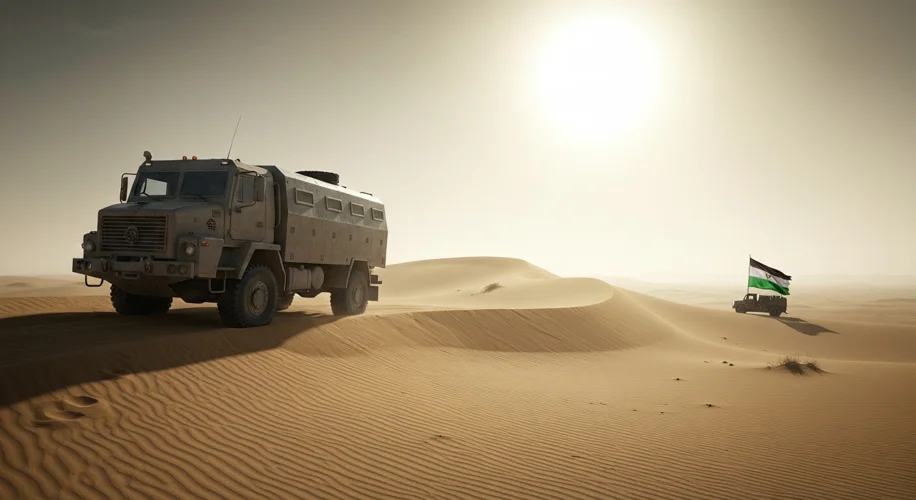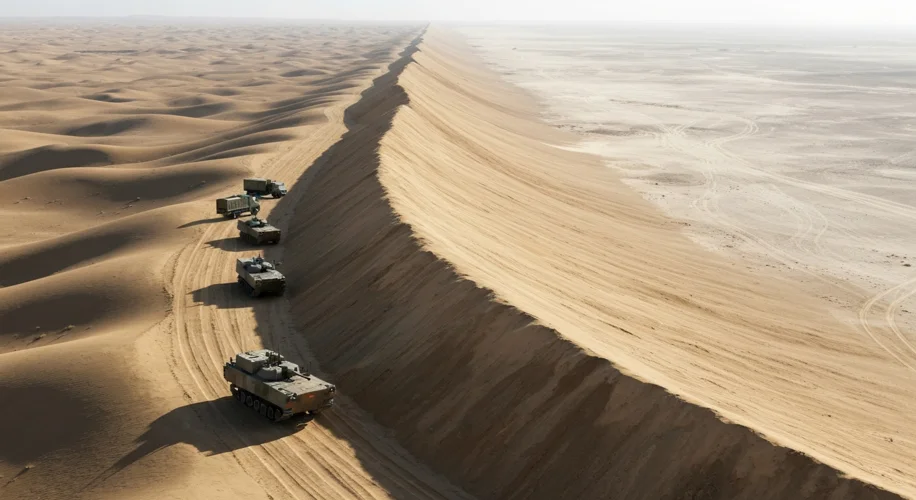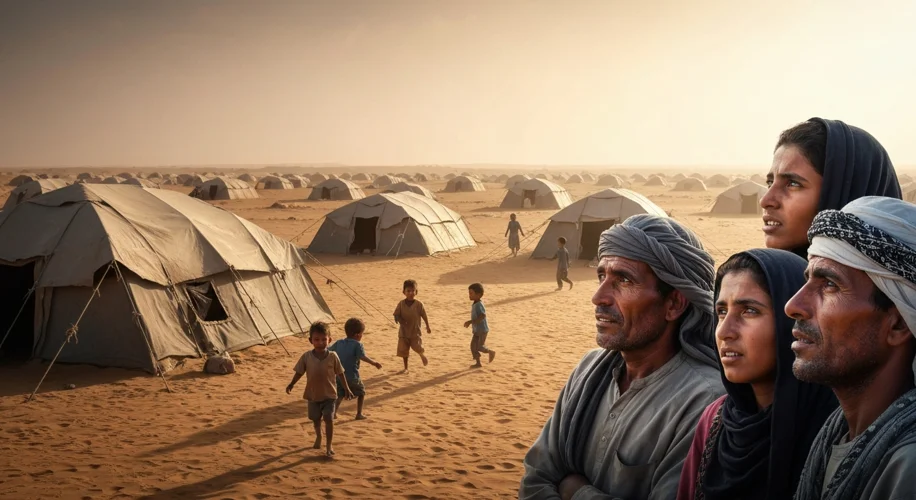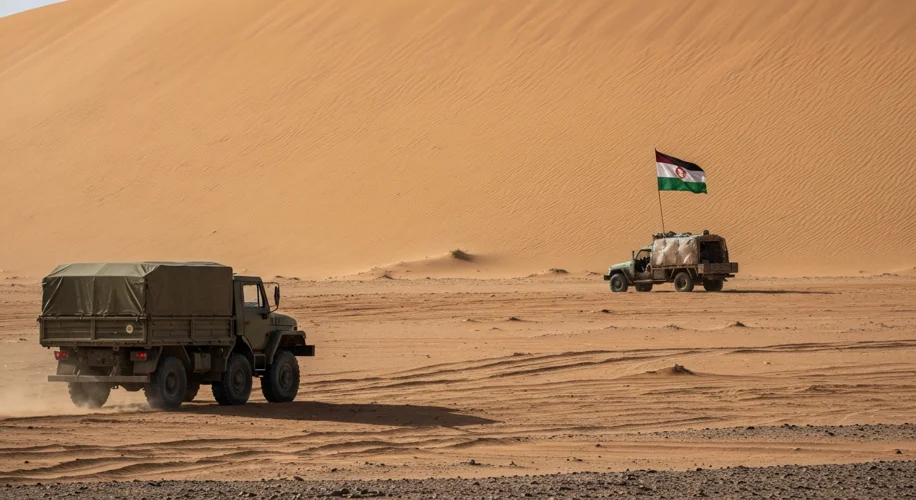The desert wind, a constant companion in the vast expanse of Western Sahara, whispers tales of ancient tribes, colonial ambitions, and a protracted struggle for self-determination. For decades, this sparsely populated territory, wedged between Morocco, Algeria, and Mauritania, has been a geopolitical chessboard, its fate a tangled knot of international law, national interests, and the enduring hopes of its people.
The story of Western Sahara is, first and foremost, one of decolonization gone awry. For centuries, the territory was inhabited by Sahrawi nomads, their lives dictated by the rhythms of the desert and a rich, oral tradition. Their world was irrevocably altered in the late 19th century when Spain, during the Scramble for Africa, laid claim to this resource-rich land, rich in phosphates and, crucially, fish.
For nearly a century, Spanish rule was a distant, often indifferent, presence. However, as the tide of decolonization swept across Africa in the mid-20th century, the winds of change began to blow through the Sahara. The United Nations recognized the Sahrawi people’s right to self-determination, and Spain, under pressure, promised a referendum on independence.
But history, as it often does, intervened with a brutal swiftness. In 1975, just as the referendum was expected, Spain, under the dictatorship of Francisco Franco, abruptly withdrew. In a move that would ignite a decades-long conflict, Morocco, emboldened by its recent victory in the “Green March” – a state-sponsored mass demonstration where hundreds of thousands of Moroccans walked into Western Sahara – annexed the northern two-thirds of the territory. Mauritania, for its part, claimed the southern third.
This partition ignited the fury of the Polisario Front, a liberation movement born in the crucible of colonial repression and fueled by the Sahrawi people’s unwavering desire for independence. Led by figures like Brahim Ghali, the Polisario launched a determined guerrilla war against Moroccan and Mauritanian forces. The conflict was fierce, characterized by hit-and-run tactics across the unforgiving desert landscape.

The early years saw the Polisario achieve significant successes, pushing Mauritania to withdraw from its claim in 1979. Morocco, however, remained steadfast, embarking on the construction of an enormous defensive sand wall, known as the “Berm,” stretching over 2,700 kilometers. This formidable barrier, heavily fortified and patrolled, effectively divided the territory, with Morocco controlling the western, more populated, and resource-rich areas, while the Polisario controlled the eastern “free zones.”
The international community’s response was, and remains, a complex tapestry of diplomatic maneuvering and inaction. The United Nations has repeatedly called for a referendum, brokering ceasefires and attempting to mediate a lasting peace. Yet, the fundamental question of who has the right to vote – the indigenous Sahrawi population or Moroccan settlers – has remained a Gordian knot, paralyzing the process.
Morocco, asserting historical ties and claiming the territory as an integral part of its kingdom, has proposed autonomy under Moroccan sovereignty, a solution vehemently rejected by the Polisario Front, which insists on a full independence referendum. The stalemate has left Western Sahara in a perpetual state of limbo, its future shrouded in uncertainty.
The human cost of this enduring conflict is immense. Thousands have been displaced, living in refugee camps in Tindouf, Algeria, for decades, their lives a testament to resilience and a burning hope for return. The “free zones” are austere, dependent on external aid, while the Moroccan-controlled areas are under tighter Moroccan administration.

The geopolitical implications of the Western Sahara conflict are far-reaching. It has fueled regional tensions, particularly between Morocco and Algeria, which supports the Polisario Front. The strategic importance of the territory, coupled with its rich phosphate deposits and lucrative fishing grounds, has also drawn the attention of global powers.
In recent years, the fragile peace has been tested. The Polisario Front declared the ceasefire null and void in late 2020, resuming military operations against Moroccan forces. The “Berm” that once seemed an insurmountable barrier has become a new front in a conflict that, despite its low intensity, continues to simmer, threatening to reignite full-scale war.
The history of Western Sahara is a poignant reminder of the complexities of decolonization, the enduring legacy of artificial borders, and the persistent struggle for the right to self-determination. The desert winds continue to blow, carrying with them the hopes and frustrations of a people whose future remains suspended in the shifting sands of international politics.


